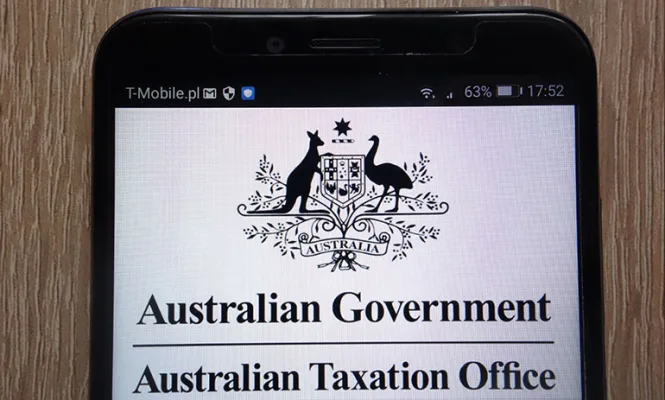Living in Australia can be a wonderful experience, but it can also come with a high cost of living. From housing to utilities and daily expenses, managing your finances efficiently is essential. In this blog post, we’ll explore effective strategies to help you lower your bills and reduce expenses in Australia.
- Budgeting and Tracking Expenses
The first step to reducing expenses is creating a detailed budget. Understand your income and categorize your expenses. Use budgeting apps or spreadsheets to track your spending, which will help you identify areas where you can cut back.
- Negotiate Your Bills
Don’t be afraid to negotiate with service providers. Whether it’s your internet, cable, insurance, or even your rent, there may be room for negotiation. Research competitor rates and call your providers to discuss potential discounts or better deals.
- Energy Efficiency
Australia’s climate can vary greatly, but energy bills are a consistent expense. To lower your energy bills:
a. Install energy-efficient lighting and appliances. b. Use programmable thermostats to control heating and cooling. c. Seal gaps and cracks in doors and windows. d. Opt for solar panels if feasible in your area.
- Reduce Water Usage
Water bills can also add up, especially in dryer regions. Consider these tips to reduce water consumption:
a. Fix any leaks promptly. b. Install low-flow showerheads and toilets. c. Collect rainwater for outdoor use. d. Water your garden during cooler hours to minimize evaporation.
- Cut Transportation Costs
Transportation expenses can be significant. To save on commuting and travel:
a. Use public transportation or carpool when possible. b. Consider biking or walking for short trips. c. Maintain your vehicle to improve fuel efficiency. d. Shop around for the best fuel prices.
- Shop Smart
Grocery bills can take a considerable chunk out of your budget. To shop smarter:
a. Make a shopping list and stick to it. b. Look for discounts, sales, and bulk purchase options. c. Consider generic brands, which are often more affordable. d. Limit eating out and opt for homemade meals.
- Review Insurance Policies
Review your insurance policies, including health, car, and home insurance, annually. Compare rates and coverage options to ensure you’re getting the best value for your money. Adjust your coverage as needed to avoid overpaying.
- Explore Government Assistance Programs
Australia offers various government assistance programs and rebates for eligible citizens. These programs can help you offset expenses like healthcare, childcare, and education. Check with government websites or speak to a social worker to see if you qualify for any assistance.
- Invest in Financial Education
Investing time in learning about personal finance can pay off in the long run. Understanding how investments, taxes, and retirement savings work can help you make informed financial decisions and maximize your savings.
- Downsize or Share Expenses
Consider downsizing your living space or sharing expenses with a roommate or family member. Sharing rent, utilities, and other costs can significantly reduce your monthly bills.
Reducing expenses in Australia requires a combination of budgeting, smart spending habits, and a proactive approach to managing your finances. By implementing these strategies and continuously evaluating your expenses, you can achieve better financial stability and peace of mind, allowing you to enjoy your life in Australia without breaking the bank.





